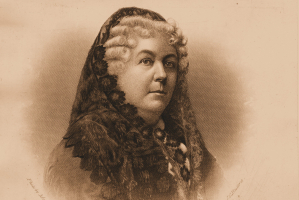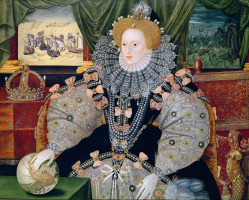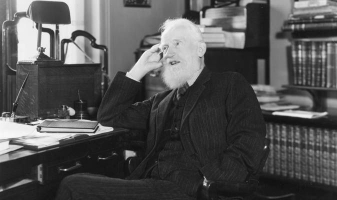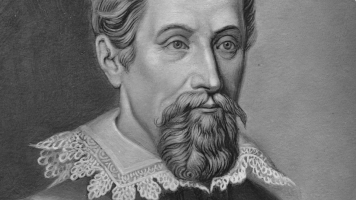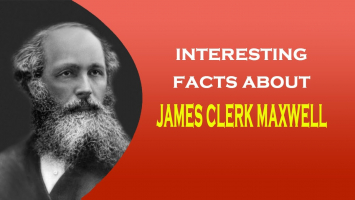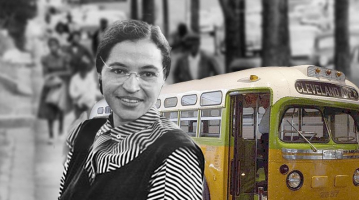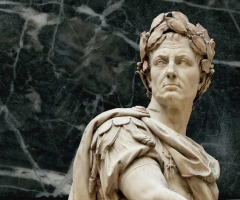Top 6 Interesting Facts about Elizabeth Barrett Browning
Elizabeth Barrett Browning was an English poet of the Victorian era who was a key figure in the Romantic Movement. She is best remembered for her love poems ... read more...and feminist works. Born into a wealthy family, she had a privileged childhood and access to good education. Developing an interest in literary pursuits early on, she began composing verses as a child. After suffering from a serious injury when she was a teenager, she sought comfort in writing poems while confined to her bed. She became a prolific writer while recuperating from her health issues and was slowly beginning to gain fame for her poignant pieces of poetry and prose. Let's take a look at some facts about her.
-
Browning's achievement in the struggle against the stigmatized label of "woman writer" made her the first female poet in England to possibly be given consideration for the position of poet laureate. Scholars have preferred to remember her as the passionate woman who left home to marry her young poet-lover rather than as the innovative poet who gave voice to women's private and intellectual needs, despite her popularity and critical acclaim during her lifetime.
In her Sonnets from the Portuguese, Browning composed some of the most well-known love poetry in the world. She also wrote extensively on political and social issues (1850).She also penned the semi-autobiographical story of a female poet striving for literary success and an equal partnership in marriage; her verse novel Aurora Leigh (1856) has been hailed by feminist critics as a new model of poetry and of womanhood.
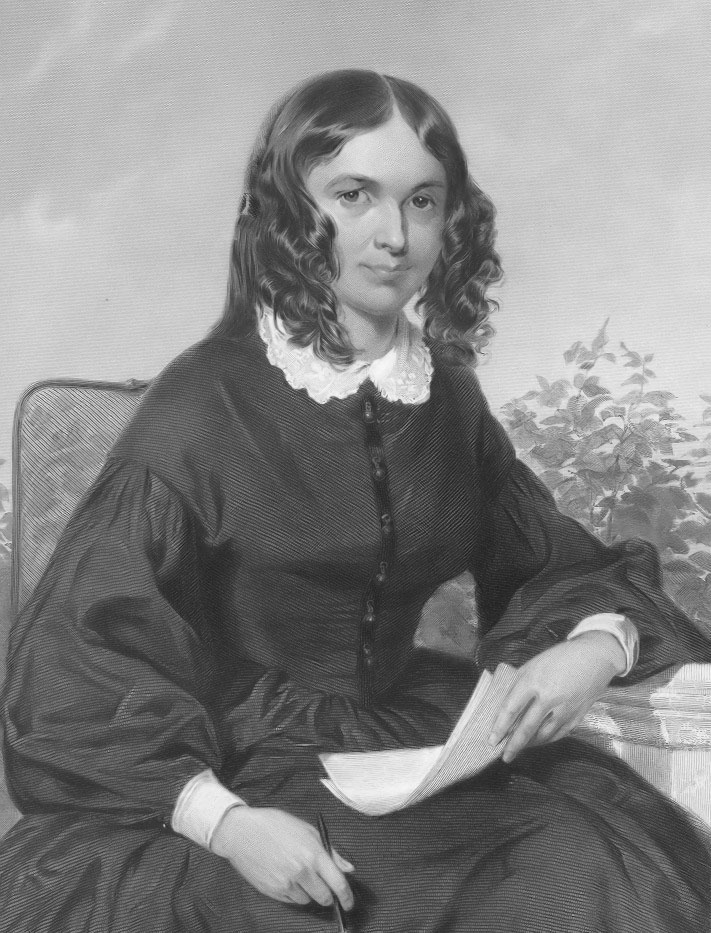
Source: verses.porchlightfamilymedia.com 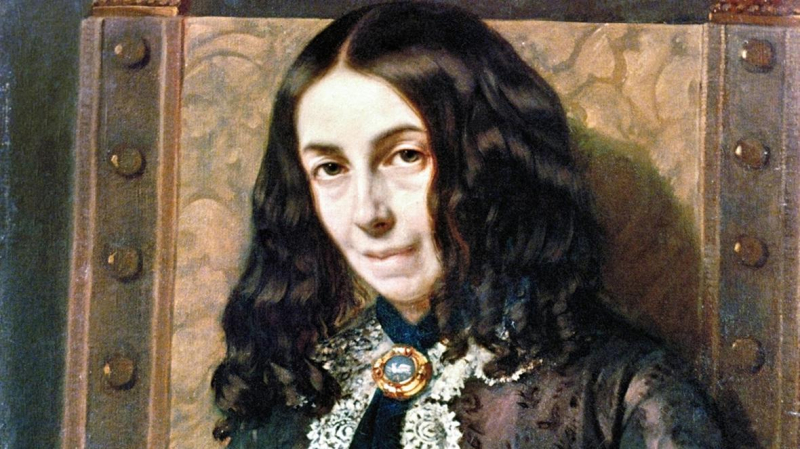
Source: nytimes.com -
The oldest of eleven children, Elizabeth Barrett was born in Herefordshire, England, on March 6, 1806, into a rich family. Along with the Hope End family estate in Herefordshire, her father also owned substantial sugar plantations in Jamaica. At the age of four, she started writing poems, a calling that her father supported. She received payment from her father when she was six years old for a poem that was addressed to "the Poet-Laureate of Hope End." The Battle of Marathon, an epic-style poem that Browning had written around the age of twelve, was privately published in 1820 by Mr. Barrett, though the fifty copies he printed were kept inside the family.
Around this time, Browning suffered a riding accident injury to her back, and seven years later, a blood artery in her chest burst, rendering her permanently feeble. The fortunes of her family also started to decline. Mrs. Barrett passed away in 1828, and due to poor management of his sugar plantations, Mr. Barrett was obliged to put Hope End up for auction in 1832. Before relocating to London in 1835, the family lived in rented homes in Sidmouth, Devonshire. Browning had already gained a reputation as a budding poet by the time she arrived in London.
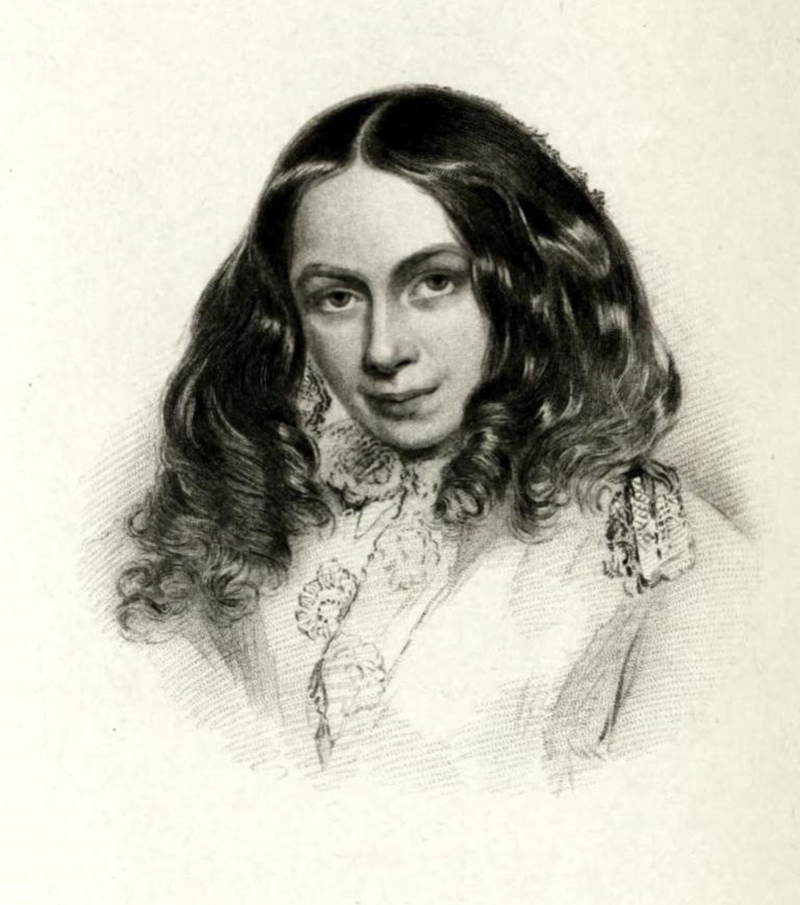
Source: Pocket 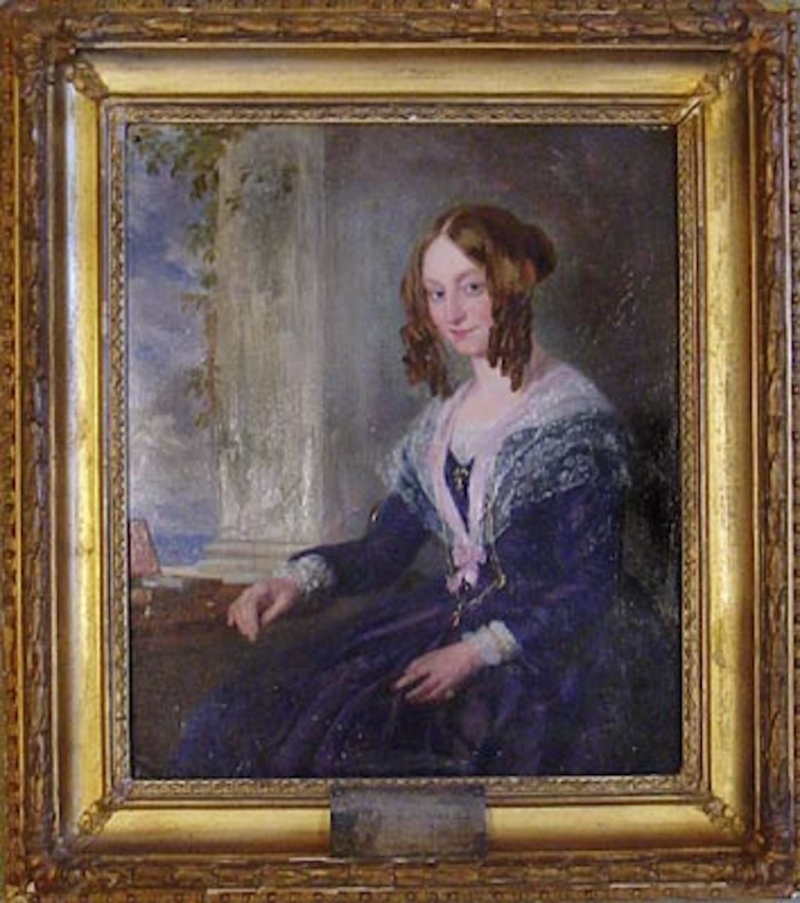
Source: HubPages -
Elizabeth Barrett Browning's epic poem/novel Aurora Leigh was published in 1856. The poem is composed of nine books (the woman's number, the number of the Sibylline Books), and it is written in blank verse. The story is told in the first person from Aurora's perspective; Marian Erle, another main character, is an abused self-taught child of traveling parents. Florence, Malvern, London, and Paris are all mentioned in the poem. The poem makes references to modern books like Corinne ou l'Italie by Anne Louise Germaine de Sand and the works of George Sand as well as biblical and classical history and mythology.
In Books 1–5, Aurora tells the story of her life, from her early years to the age of roughly 27, then in Books 6–9, the story catches up with her, and she reports events in diary form. The author styled the poem "a novel in verse", and referred to it as "the most mature of my works, and the one into which my highest convictions upon Life and Art have entered". The scholar Deirdre David asserts that Barrett Browning's work in Aurora Leigh renders her "a major figure in any consideration of the nineteenth-century woman writer and of Victorian poetry in general". John Ruskin called it the greatest long poem of the nineteenth century.
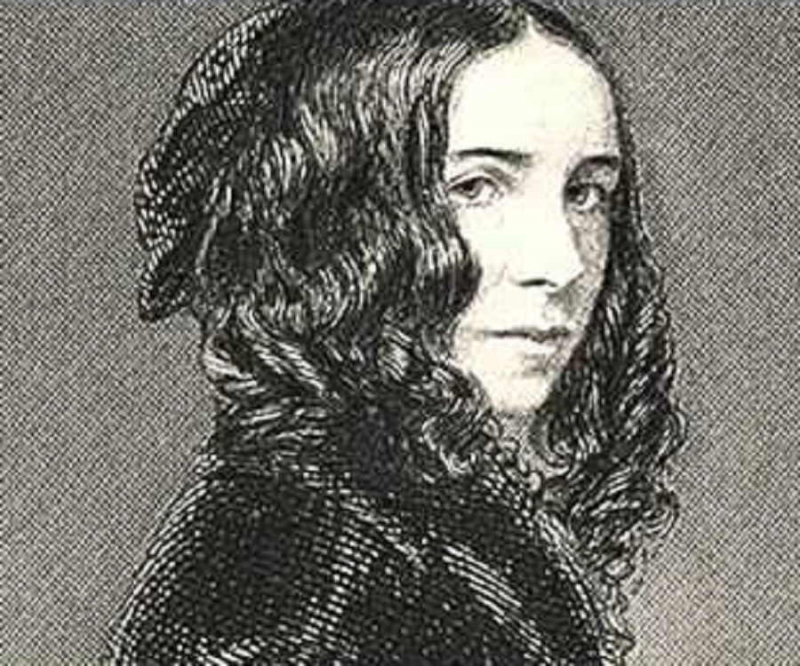
Source: Famous People 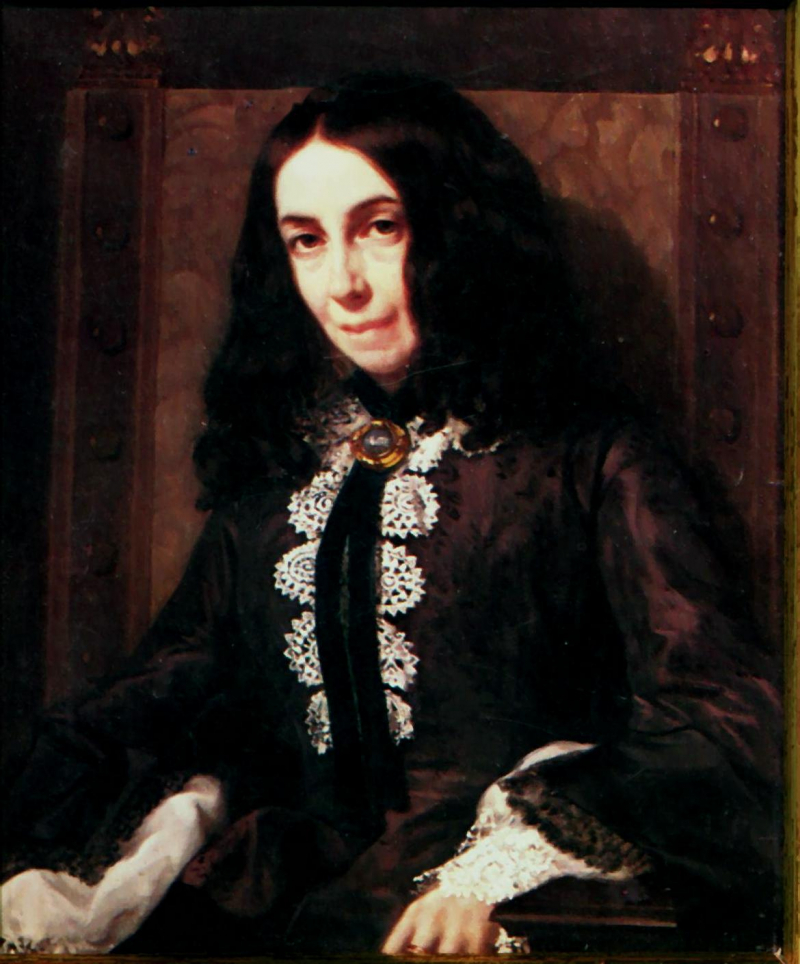
Source: blogspot.com -
This makes logical in a way considering that Browning wrote with the United States in mind, where women weren't given the right to vote until 1920. The Boston Female Anti-Slavery Society's gift book The Liberty Bell, which is available at their events, first published "The Runaway Slave at Pilgrim's Point." But the sheer fact that it exists demonstrates Brophy's thesis; rather from taking direct action, women who opposed slavery had to make political reform appeal to those who could. Due of this necessity, black lives are reduced to literary devices, further removing the real-life realities of slaves.
Even more troublesome today are the terms Browning chose to accomplish that purpose. In fact, according to one professor, the monologue structure keeps her pupils from even noticing that the poem is meant to be written from the perspective of a black woman. Although we can't turn the clock back and push people to record more oral histories of former slaves or let black people speak for themselves, poems like Browning's highlight the need of preserving and elevating the experiences of oppressed people.
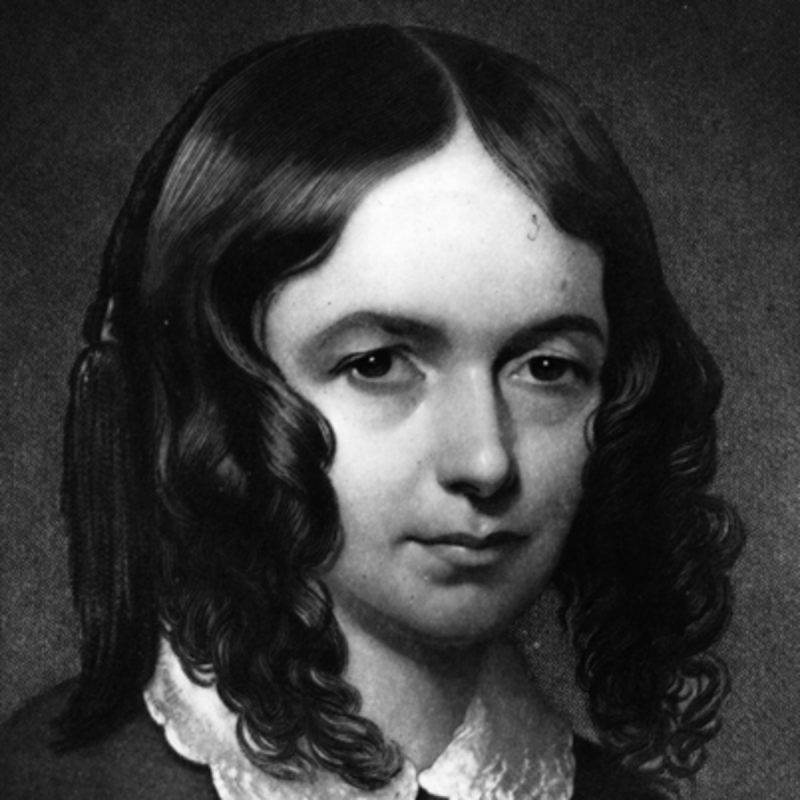
Source: BIO 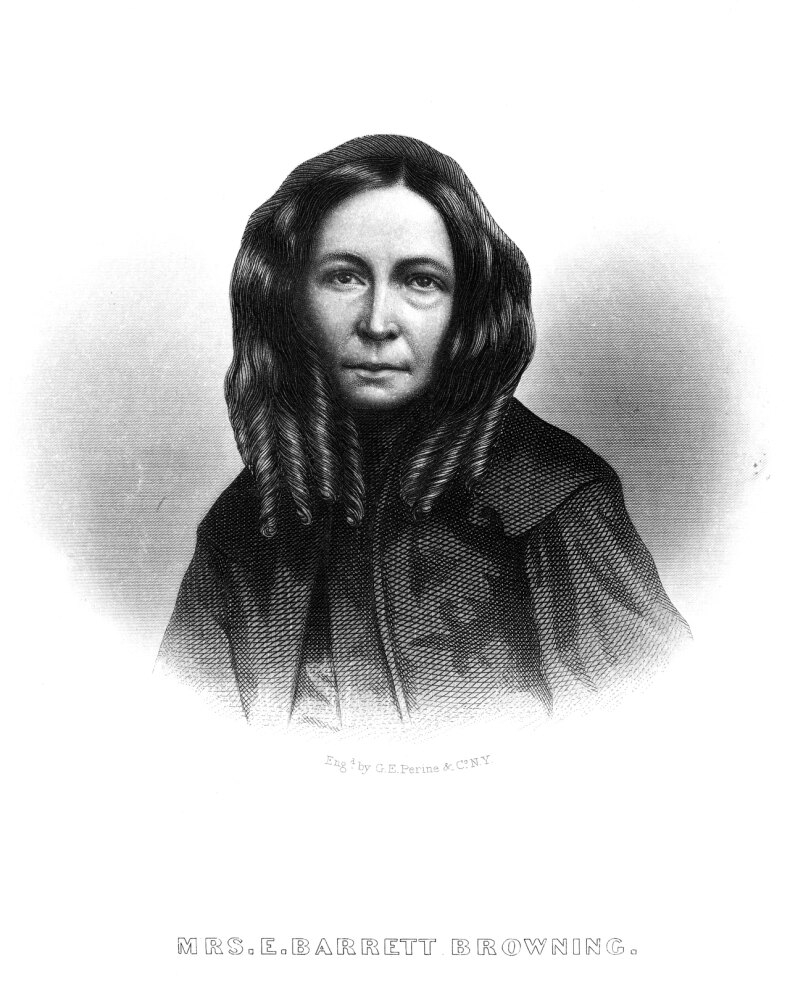
Source: Pinterest -
Their later marriage, which took place on September 12, 1846, at Marylebone Church, was a private affair. The majority of her family members finally approved of the union, but her father rejected her, refused to read her correspondence, and refused to meet with her. Elizabeth supported her husband and acknowledged that he had saved her life. She wrote to Mrs. Martin, saying: "He possesses traits like fortitude and integrity that I appreciate. I admired him for his bravery in trying situations, even though he felt them more deeply than I could. Because I am one of those weak women who adore powerful men, he has always had the biggest influence over my heart."
Their romance and those first few years of marriage inspired a flood of poetry. Elizabeth's husband ultimately received her small bundle of sonnets because he was unable to keep them to himself. I dared not keep the best sonnets composed in any language since Shakespeare's for myself, he declared. Finally published as "Sonnets from the Portuguese" in 1850. No contemporary English poet, with the exception of Rossetti, has expressed love with the same brilliance, grace, and sincerity as the two who provided the most beautiful illustration of it in their own lives, according to Kenyon. The Brownings lived in Italy for the next 15 years of their lives, until Elizabeth died in Robert's arms on June 29, 1861. It was while they were living there in Italy that they both wrote some of their most memorable poems.
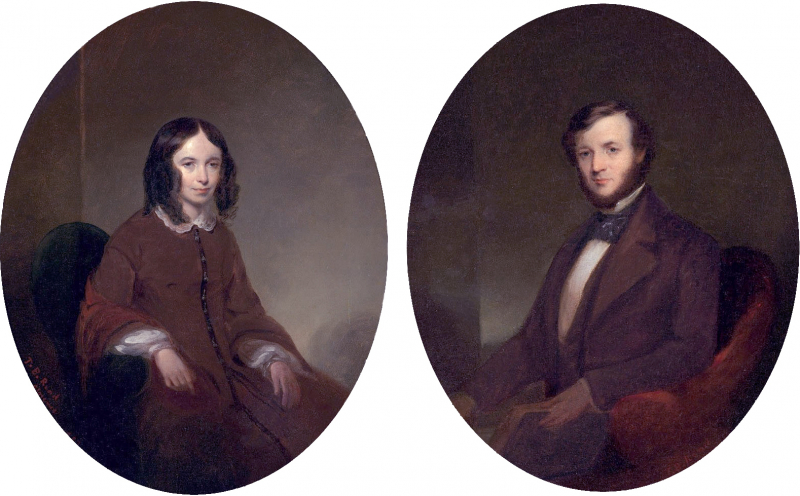
Source: eighteenseventyeight.com 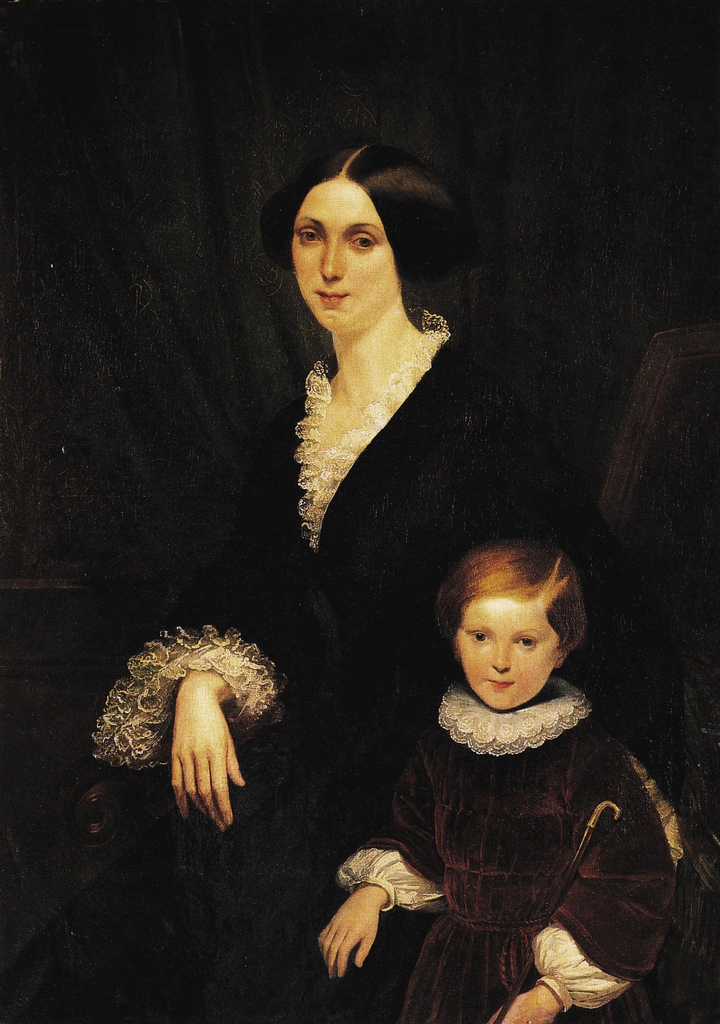
Source: costumecocktail.com -
Religious themes are present in a lot of Barrett Browning's works. She had read and studied books like Dante's Inferno and Milton's Paradise Lost. In her poetry, she claims: "We want our poets to feel the saturation of Christ's blood upon their souls, that it would weep through them in response to the Sphinx of our humanity's never-ending cries, expressing anguish into renewal. When its greatness was at its height, some of this was seen in the arts. Greek Christian poets can be observed to have a certain amount of a craving for this, which would have been considerably stronger with a stronger faculty ". She held the opinion that "Christ's religion is basically poetry, but glorified poetry." In numerous poems, she examined the religious theme, especially in her early work, such as the sonnets.
She had studied Hebrew, read the Hebrew Bible, and was interested in theological discussion. For instance, she makes references to the end of the world and uses religious imagery in her famous novel Aurora Leigh. Cynthia Scheinberg, a critic, points out that female figures in Aurora Leigh's previous work "The Virgin Mary to the Child Jesus" make reference to Miriam, Moses's sister and nurse. In order to uphold the cultural expectations of a Christian lady poet of the Victorian era, Barrett Browning herself drew on Jewish history while separating herself from it, as evidenced by her allusions to Miriam in both poems. Barrett Browning defines herself as a Congregationalist in the communication she had on predestination and salvation by works with the Reverend William Merry from 1843 to 1844: "I am not a Baptist — but a Congregational Christian, — in the holding of my private opinions."
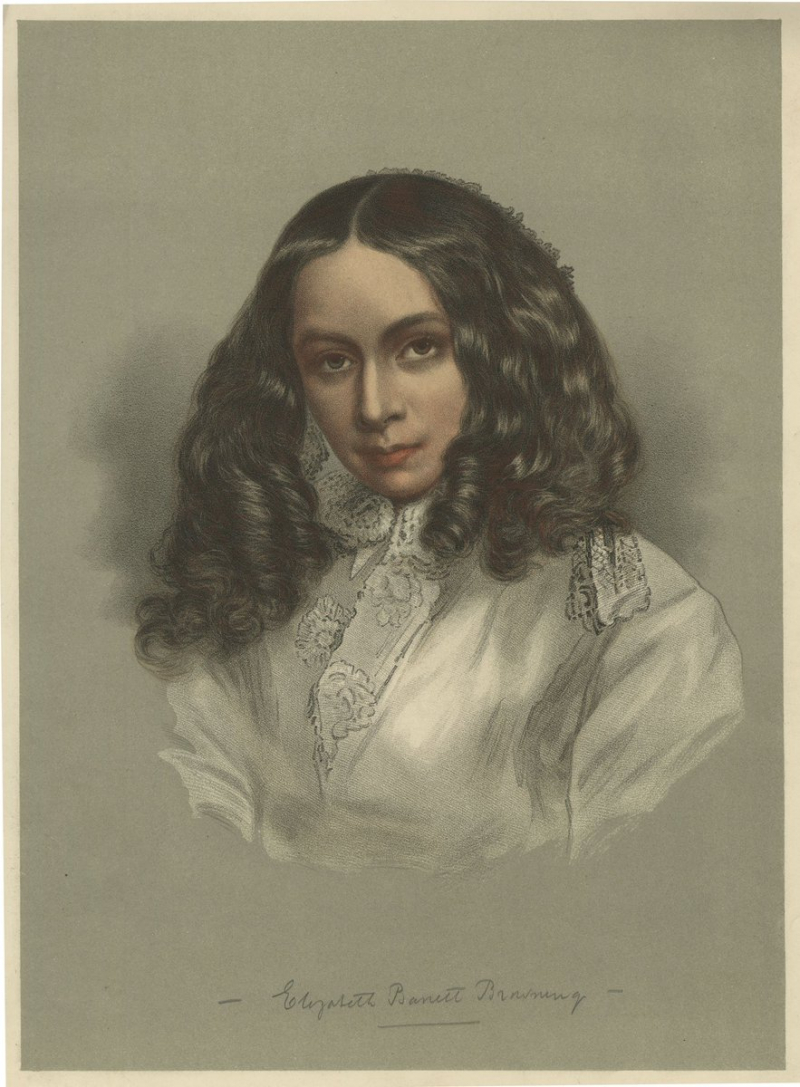
Source: scoopnest.com 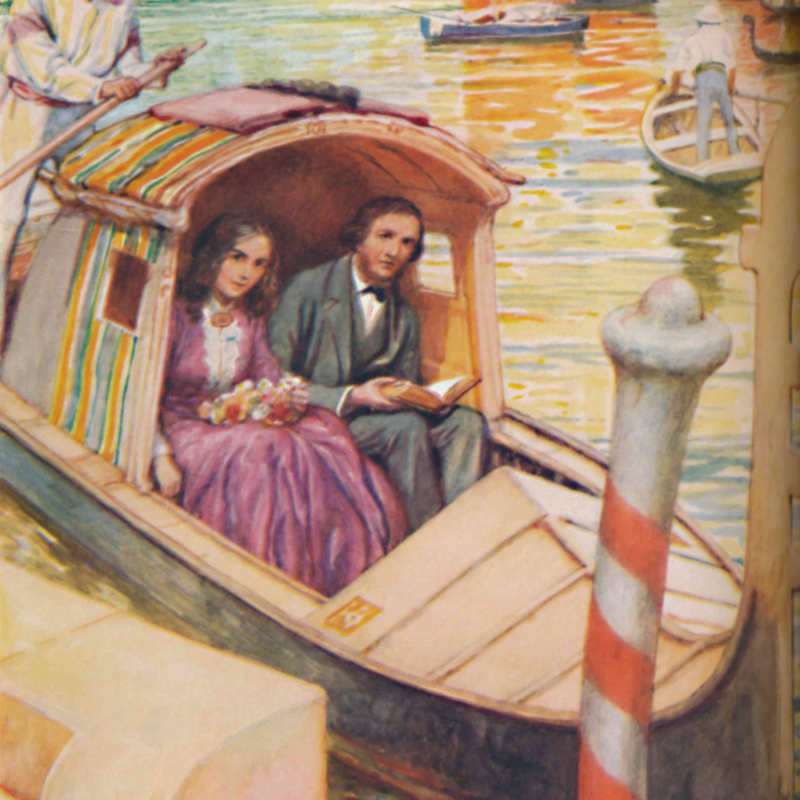
Source: walmart.com








